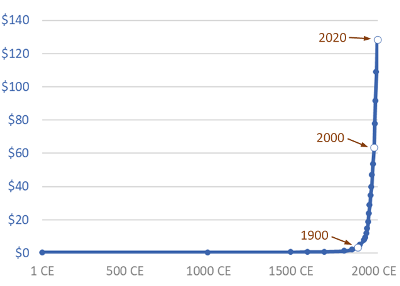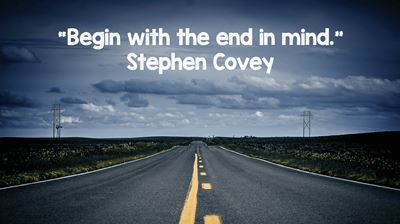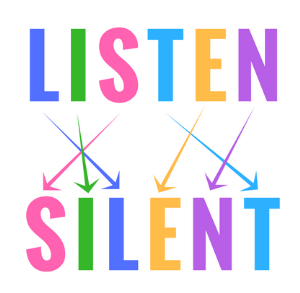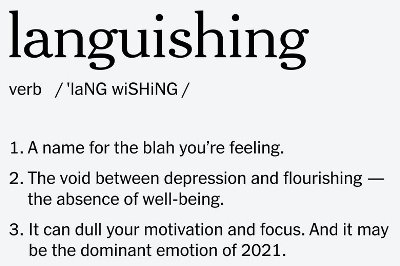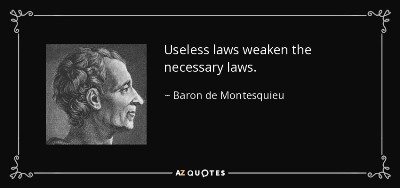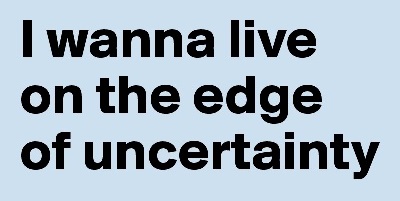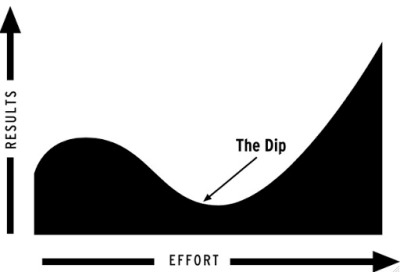This post by Steve Pavlina ‘Aligned Solutions‘ provides interesting insights on how to manage own misalignments – like for example those between our aspirations, dreams, thoughts, choices…. Importantly, this requires working at emotional level and not at analytical level.
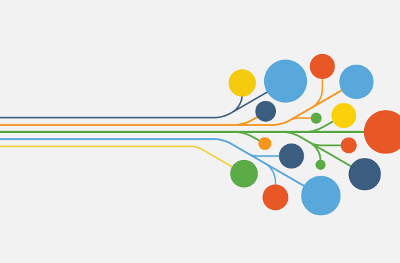
We all have some misalignments that create themselves and that we have to manage; and we also need to make sure they do not become so significant as to become hazardous, because if we have too much misalignments we may suffer in day-to-day situations when it comes to making choices.
The issue is how to deal with them to attain genuine alignment of our own self so as to attain the lightness and resolution that comes with better alignment.
“I’d say that the heart is really the key to alignment. My biggest alignment mistakes happened when I tried to use my brain to go against my feelings. If my feelings aren’t aligned with what I’m trying to do, that kills my plans dead. Doing anything interesting in life requires sustainable motivation. So figuring out what gives you the most sustainable motivational juice can point you in the direction of increasing alignment too.” Therefore, the important point here is to able to distinguish at the emotional level in what direction we ought to go.
In addition, Steve Pavlina points out the need for discipline and motivation once we have decided on a new direction. Having an emotional commitment clearly helps.
Improving our own alignement is essential for our balance and our freedom; and this can only be addressed by undergoing emotional work.

